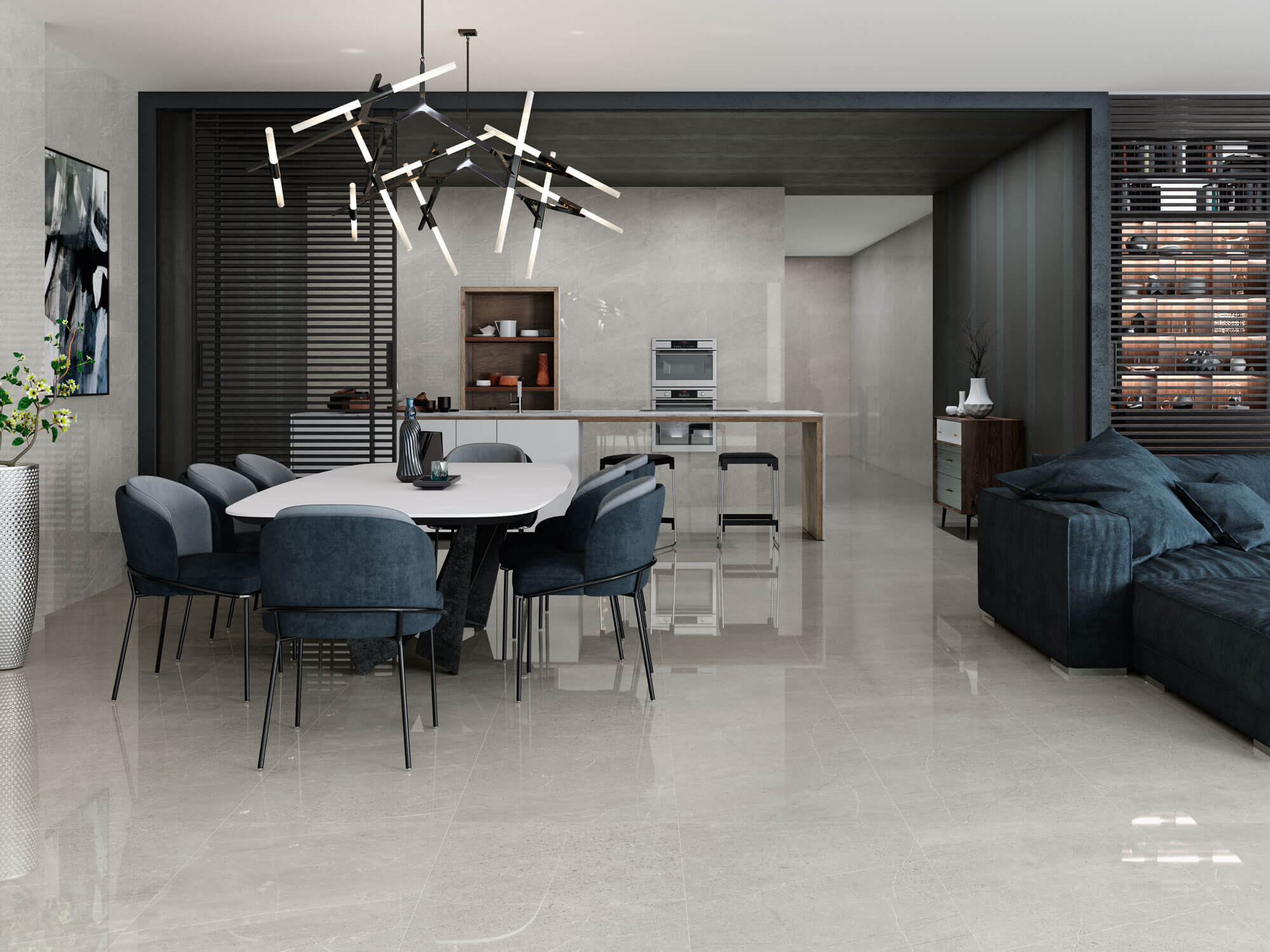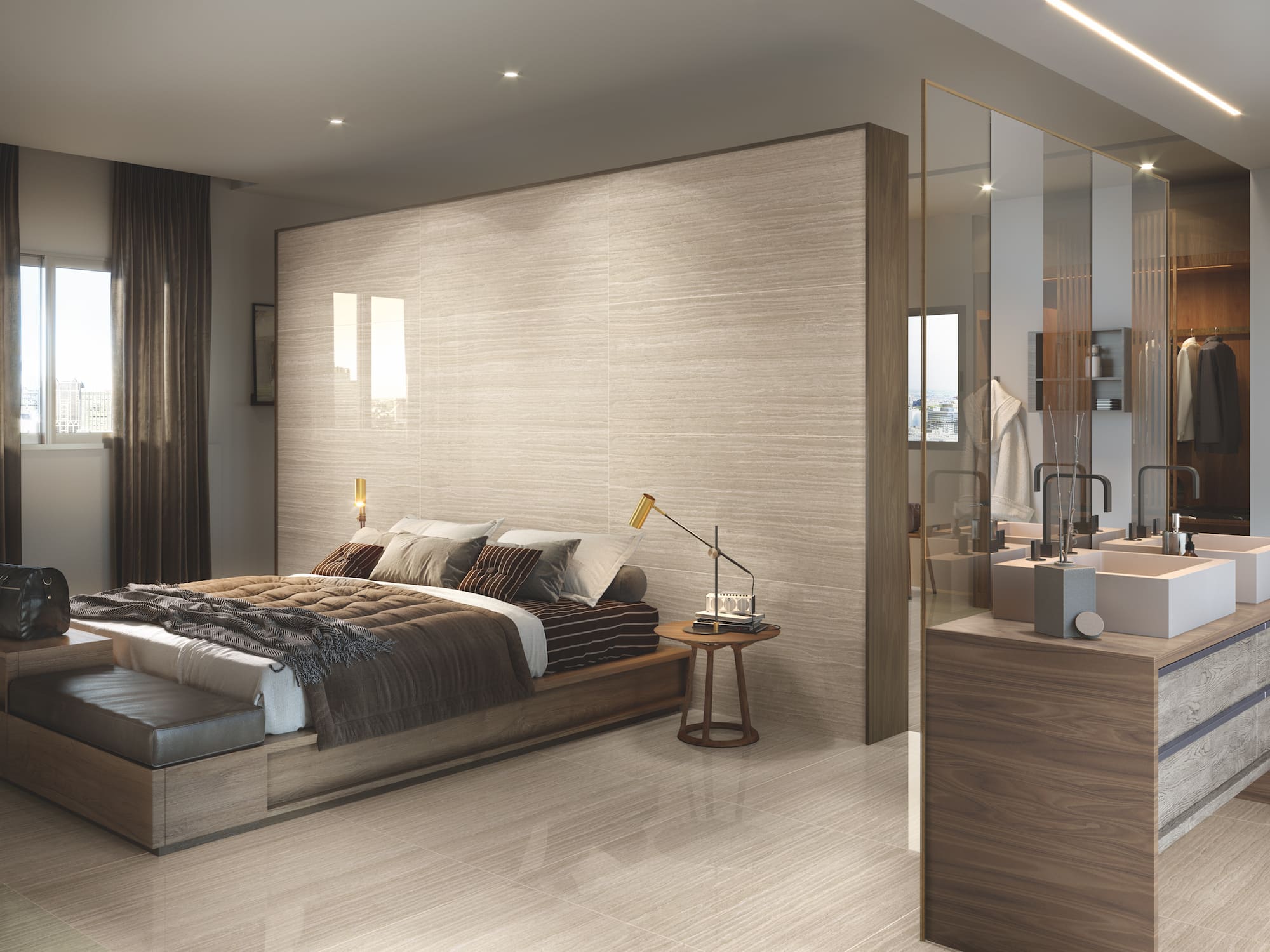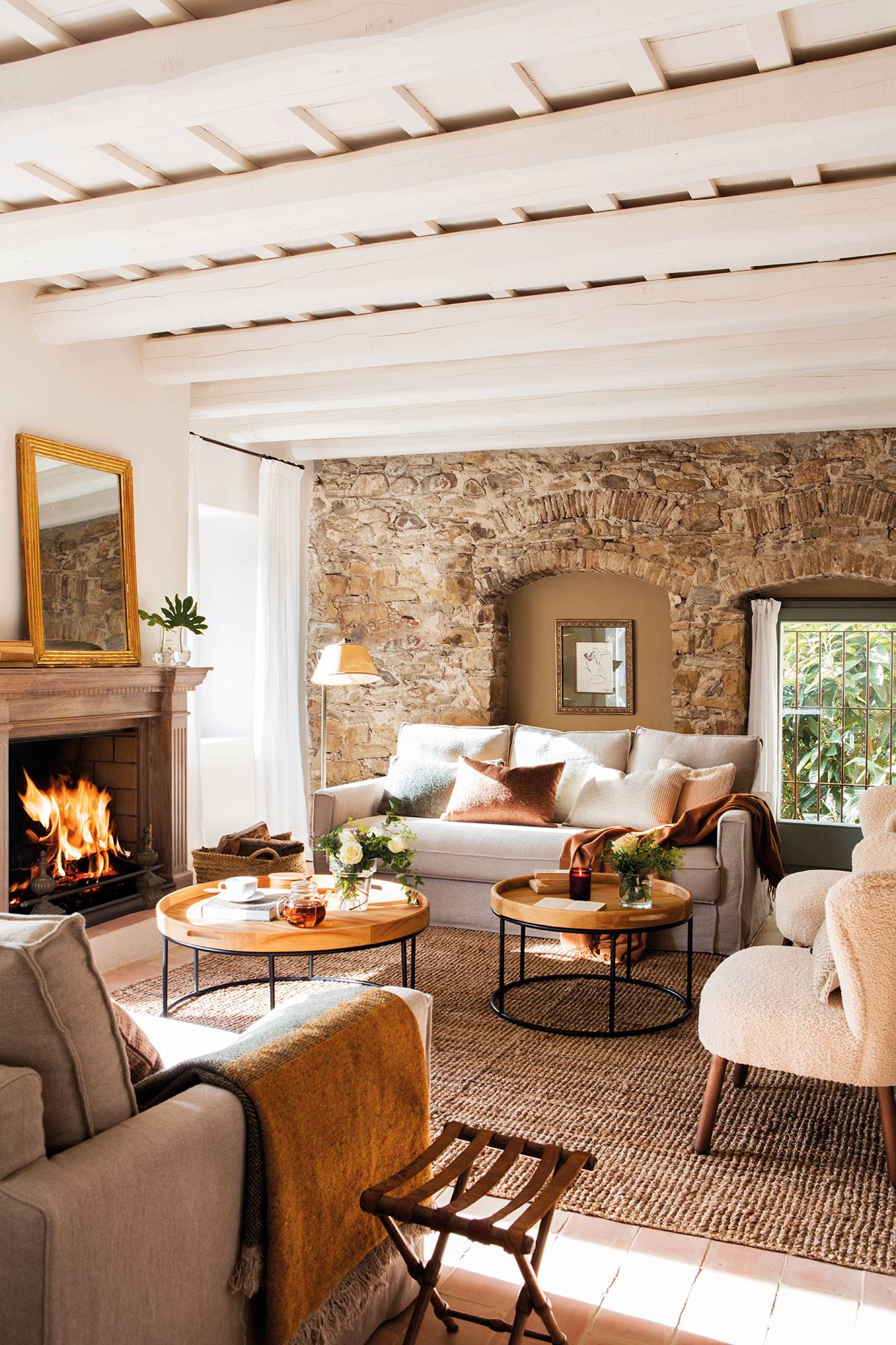Introduction to Interior Decoration
Welcome to the world of interior decoration! If you’ve ever walked into a beautifully decorated home and felt an overwhelming sense of warmth and comfort, you’re not alone. I’ve had numerous experiences visiting friends and family whose homes reflect their unique personalities and styles. This article is designed to take you on a journey through various styles of interior decoration and provide you with practical tips and insights based on personal experiences and research.
Understanding Interior Decoration
What Is Interior Decoration?
Interior decoration refers to the art of enhancing the interior of a space to achieve a healthier and more aesthetically pleasing environment. This includes the selection of color schemes, furniture, fixtures, and decorative elements that reflect the inhabitants’ lifestyle.
Why Is Interior Decoration Important?
Good interior decoration not only elevates the look of a space but also improves functionality. A well-decorated home can boost your mood, increase productivity, and promote relaxation. It is a reflection of your personality and can tell a story about who you are.
Popular Interior Decoration Styles
1. Modern Style
Characterized by clean lines, minimalism, and a neutral color palette, modern style is perfect for those who appreciate simplicity. In my own living room, I opted for a sleek sectional sofa and large windows that allow natural light to fill the space.
2. Traditional Style
This style embraces classic design elements, rich colors, and intricate details. My grandmother’s house is a perfect example of traditional decor, filled with antique furniture and ornate rugs that create a warm, inviting atmosphere.
3. Rustic Style
Rustic decor brings the charm of nature indoors. It’s all about natural materials like wood and stone. I vividly remember visiting a friend’s mountain cabin, adorned with reclaimed wood furniture and cozy textiles that made the space feel like a retreat.
4. Contemporary Style
Contemporary design is ever-evolving, often incorporating elements from various styles. My office space features contemporary decor with bold colors and unique artwork that keeps the environment vibrant and inspiring.
5. Bohemian Style
Bohemian interiors are all about freedom and expression. Layers of textiles, eclectic patterns, and vibrant colors create a laid-back atmosphere. I once decorated a guest room in a boho theme with an assortment of throws and cushions that minimized the formality and maximized comfort.
Key Elements of Interior Decoration
Color Schemes
Color can dramatically influence the mood of a room. I recommend sticking to a cohesive color palette. Here’s a quick table summarizing popular color schemes:
| Color Scheme | Description |
|---|---|
| Monochromatic | Variations of a single color, providing a serene atmosphere. |
| Analogous | Colors next to each other on the color wheel, creating harmony. |
| Complementary | Opposite colors on the wheel, adding vibrancy and excitement. |
Furniture Selection
Choosing the right furniture is crucial. Consider the size of your space and your lifestyle. I often choose multifunctional pieces, especially in smaller spaces. For example, a coffee table that doubles as storage is a game-changer!

Lighting
Lighting can set the mood and make a space feel larger or cozier. I love combining ambient, task, and accent lighting. For instance, a statement chandelier in the dining area can be both functional and a focal point.
Decorative Accessories
Accessories like rugs, curtains, and artwork play a vital role in completing a space. Personal touches, such as family photos or travel souvenirs, can make a house feel like a home.

DIY vs. Professional Interior Decoration
Pros and Cons of DIY Interior Decoration
DIY decoration can be a fulfilling experience, allowing you to express your creativity. However, it can also be time-consuming and may lead to costly mistakes. Here’s a quick comparison:
| Pros | Cons |
|---|---|
| Cost-effective | Time-consuming |
| Personalized touch | Possible mistakes |
| Creative expression | Limited experience |
Pros and Cons of Hiring a Professional
Hiring an interior decorator can save you time and potentially provide better results. However, it comes at a cost. Here’s a quick comparison:
| Pros | Cons |
|---|---|
| Expertise and experience | Higher cost |
| Access to industry resources | Less personal input |
| Time-saving | May require compromises |

Transforming Your Space: Step-by-Step Guide
Step 1: Assess Your Needs
Before diving into decorating, evaluate your space. Think about functionality, how many people will use the space, and what activities will take place. My friend revamped her living room by incorporating a play area for her kids while maintaining an adult-friendly aesthetic.
Step 2: Create a Mood Board
A mood board helps visualize your ideas. Use magazines, Pinterest, or even digital tools to gather inspiration. I personally love using Pinterest to collect images that resonate with the theme I wish to create.

Step 3: Plan Your Layout
Before purchasing furniture, sketch a layout. Measure your space to ensure everything fits. I learned this the hard way when I bought a beautiful sectional that was too large for my living room!
Step 4: Make Your Purchases
Once you have a plan, start making purchases. Balance your budget by mixing high-end elements with affordable finds. Thrift stores can be treasure troves for unique pieces!

Step 5: Decorate and Accessorize
Now comes the fun part! Add your decorative accessories and personal touches. I love showcasing travel souvenirs, as they spark great conversations.
Trends in Interior Decoration
Natural Materials
More homeowners are opting for eco-friendly materials like reclaimed wood and stone. Not only is it sustainable, but it also adds character to a space.

Bold Colors and Patterns
Gone are the days of being shy with color! Bold patterns in wallpaper and upholstery are making a comeback. In my dining area, I installed a floral wallpaper that transforms the mood completely.
Multi-Functional Spaces
As remote work becomes the norm, many are transforming spare rooms into home offices or flexible spaces. My own workspace adapts easily with a fold-out desk that can be tucked away when not in use.

FAQs About Interior Decoration
What are the most important things to consider when decorating?
Consider your lifestyle, the function of the space, color preferences, and budget. It’s essential to create an environment that feels right for you.
How can I make a small room look bigger?
Use mirrors, light colors, and multifunctional furniture. Keeping the room uncluttered can also create a more spacious feel.
What is the best way to choose a color scheme?
Start with a favorite color and build around it. Use tools like color wheels or online resources to find complementary colors.
Should I hire an interior decorator?
If you feel overwhelmed, hiring a professional can be beneficial. However, if you enjoy the process and have a vision, DIY might be the way to go!